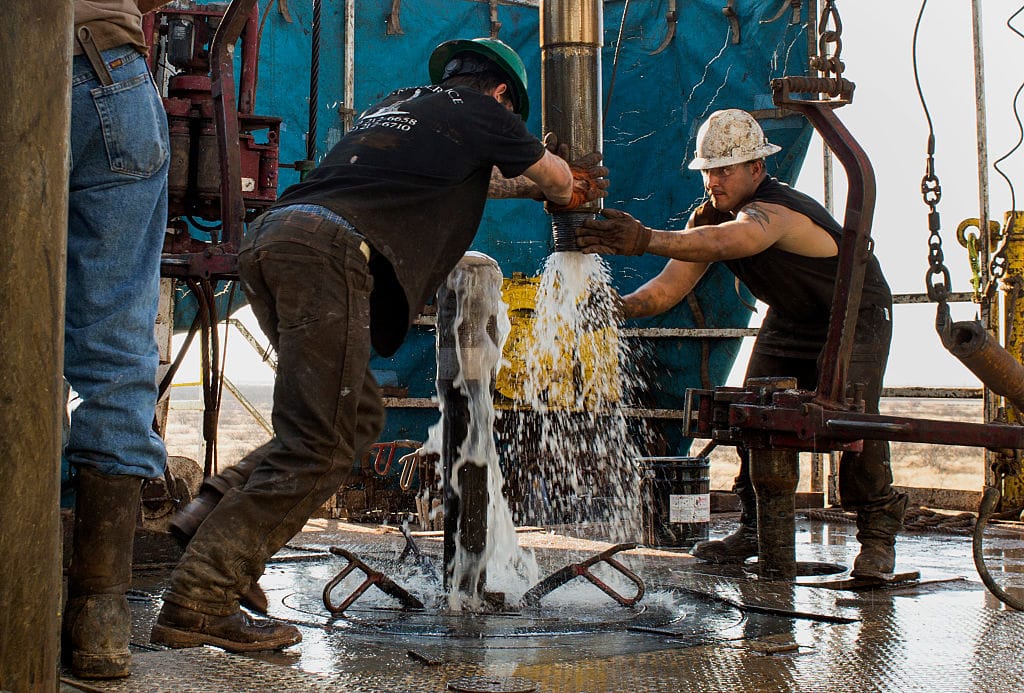Video: The failed promise of industry jobs in polluted communities
A new documentary, based on a Tulane study, debunks the promise of high-quality employment for residents of color when new industrial plants come to their neighborhoods

Jobs, jobs, jobs. That has long been the trade-off for pollution offered when new industry sets up in the backyards of predominantly Black and brown communities.
That promise is the subject of a newly published study and a documentary titled “The Jobs Myth,” produced by The YEARS Project featuring Floodlight reporter Terry L. Jones.
Jones reported on the Tulane University research last year while it was still undergoing peer review. Preliminary data showed that minorities were being ‘systematically’ underrepresented in the U.S. petrochemical workforce.

Read the full story from 2024: “We have to stop pretending oil and gas, which Louisiana we are great defenders of, is gonna save us because they're not and they never were and aren't trying to.”
Tulane’s Environmental Law Clinic published the research this month, which finds that people of color aren’t getting the good-paying jobs they are often promised when new industrial facilities come to town. Instead, the research shows they’ve had to settle for the lowest-paying jobs compared to white people in both the chemical manufacturing and petroleum/coal industry.
“The pollution versus jobs narrative is really oversimplified because the trade-off affects different groups unevenly,” said Kimberly Terrell, director of community engagement and a staff scientist with the Tulane law clinic who led the research team. “Petrochemical jobs that mostly go to white workers can't offset the harm of petrochemical pollution that mostly occurs in Black and Hispanic neighborhoods.”
Nationally, higher paying jobs in the chemical manufacturing industry disproportionately went to more white people in Texas, Louisiana and Georgia where minorities represent 59%, 41% and 49% of their respective states’ populations but held 38%, 21% and 28% of the better paid jobs within the industry.
In the petroleum/coal industry, people of color were underrepresented in higher-paying jobs in at least 14 states — including Texas, California, Louisiana, Ohio, Pennsylvania and Illinois.
This documentary was produced by The YEARS Project about Floodlight’s Louisiana environmental justice reporting. Floodlight did not have editorial control over the film.



